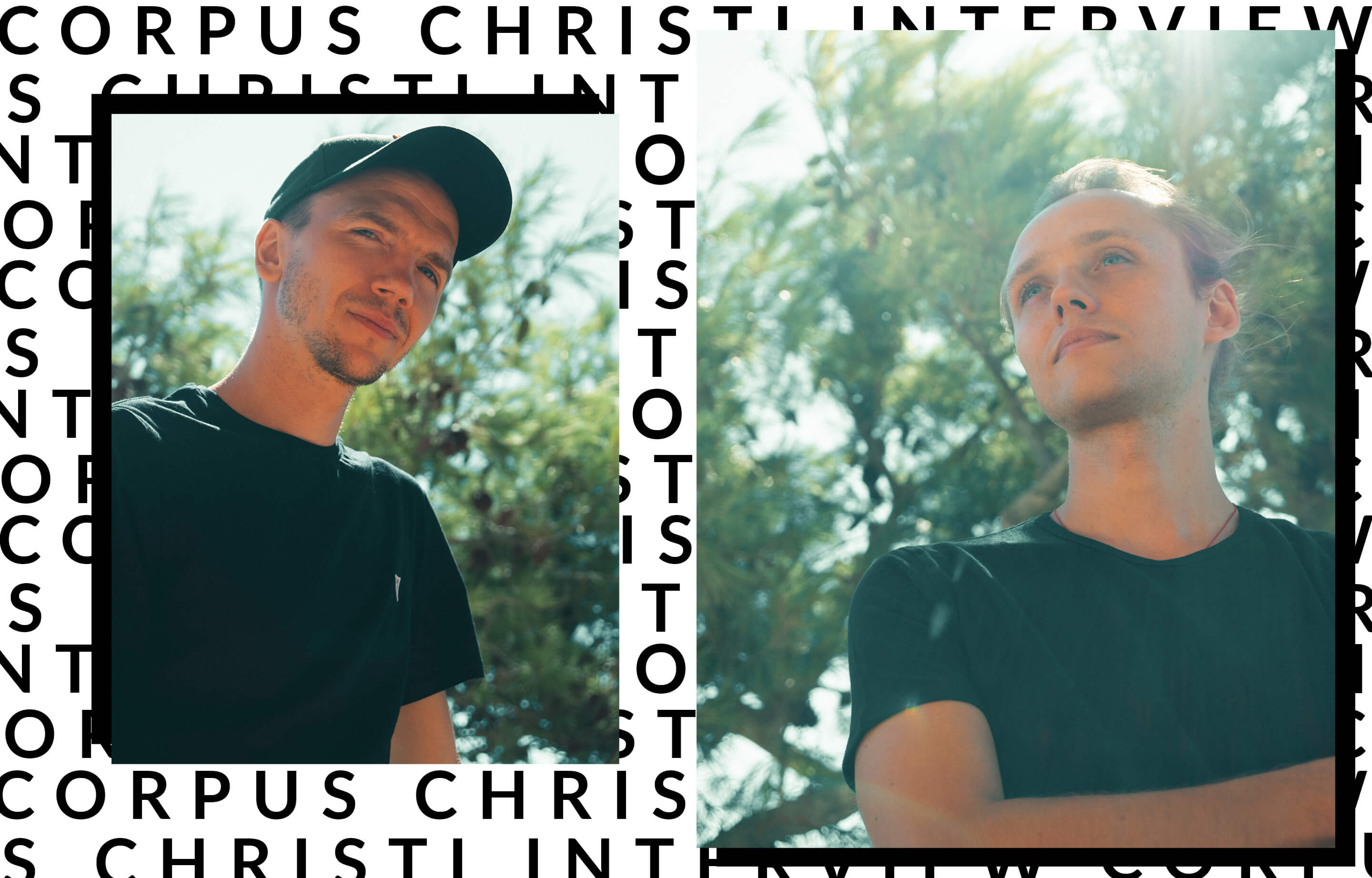It is true what they say, Film Festivals often serve as a platform to watch movies that you might not get the chance to see otherwise. And we got the chance to see “Corpus Christi” at the Giornate degli Autori (it also received a special mention by the jury) at the 76th Venice Film Festival.
What happens when a street kid straight out from a juvenile detention center finds God but his past doesn’t allow him to pursue a clerical path? He pretends to be a priest in a small Polish community. No, it’s not premeditated, but Daniel makes a decision on the spot and takes a small town by hand and helps it heal from a tragedy that stills has its fingers wrapped around everyone.
Our interview with director Jan Komasa and lead actor Bartosz Bielenia (Daniel) felt almost surreal, from the passion they both have for this project to the use of light and color to highlight even more the two sides of Daniel, as if the light and colors themselves were two main characters of the film.
What drew you both to this project?
____________
B: Money. [laugh]
J: It was pretty regular, my friend Christopher Rak sent me the script which was inspired by real events happened in a small community in Poland where a young man pretended to be a priest for a few months. When I first read the script, I loved it right away but I had many comments. Usually, if the director has so many comments, it’s probably a goodbye letter, and my friend Christopher and Mateusz Pacewicz, who’s a screenwriter, changed the concept and integrated the script with my comments. At first, I felt like “finally for the first time somebody actually listened to the director.” And I was happy not only to have a very good script to work on, but also to meet Mateusz, the screenwriter I started to work with, and we have already made another movie together after this one. I’m hoping to make yet another one because he’s my guy.
When we got the green light from the production that we could move on with the project, we applied to the Polish Institute for money and we had to start the casting process. I knew Bartosz Bielenia from around, because he’s a very well-known actor among the young generation of Polish actors and directors, mostly he plays in theatres, he’s very well connected in the theatre circles we have in Warsaw and in Cracow.
B: Good to know. [laugh]
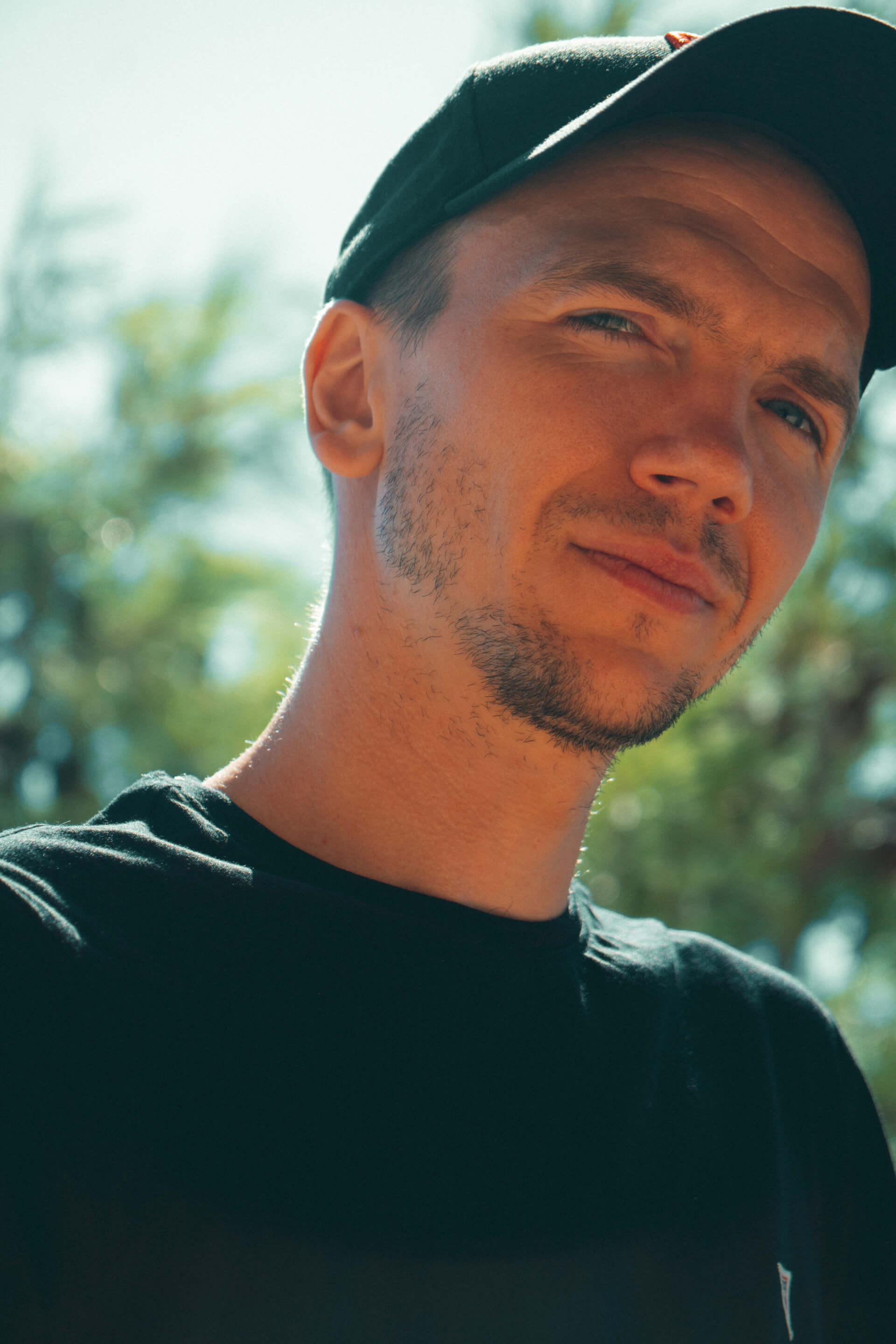
J: I’ve started working in movies in 2005, it’s 14 years in the Polish business, I can tell that there are a lot of people who are talented and special like Bartosz is, but unfortunately they usually don’t get to make early leading roles in movies. Mostly they are hired to play very interesting secondary roles, which is also fine. This movie gave us the opportunity to think about somebody as special as Bartosz to play the lead role. Which is great!
But usually it doesn’t work that way and most of the times, producers are less brave and they don’t have so much courage to hire somebody that exceptional and prefer to go for the big-name instead.
B: I was really grateful that he already trusted me to work on this character, because when I auditioned, things went pretty ordinary, because I was just waiting in line and I saw many people in front of the casting director and I thought I was not really perfect for this role, because the character should have been more “from the streets.” I don’t have “street style” characteristics in my opinion, but Jan really trusted me and gave me the space to change for the role, which is something that doesn’t happen very often in Poland right now.
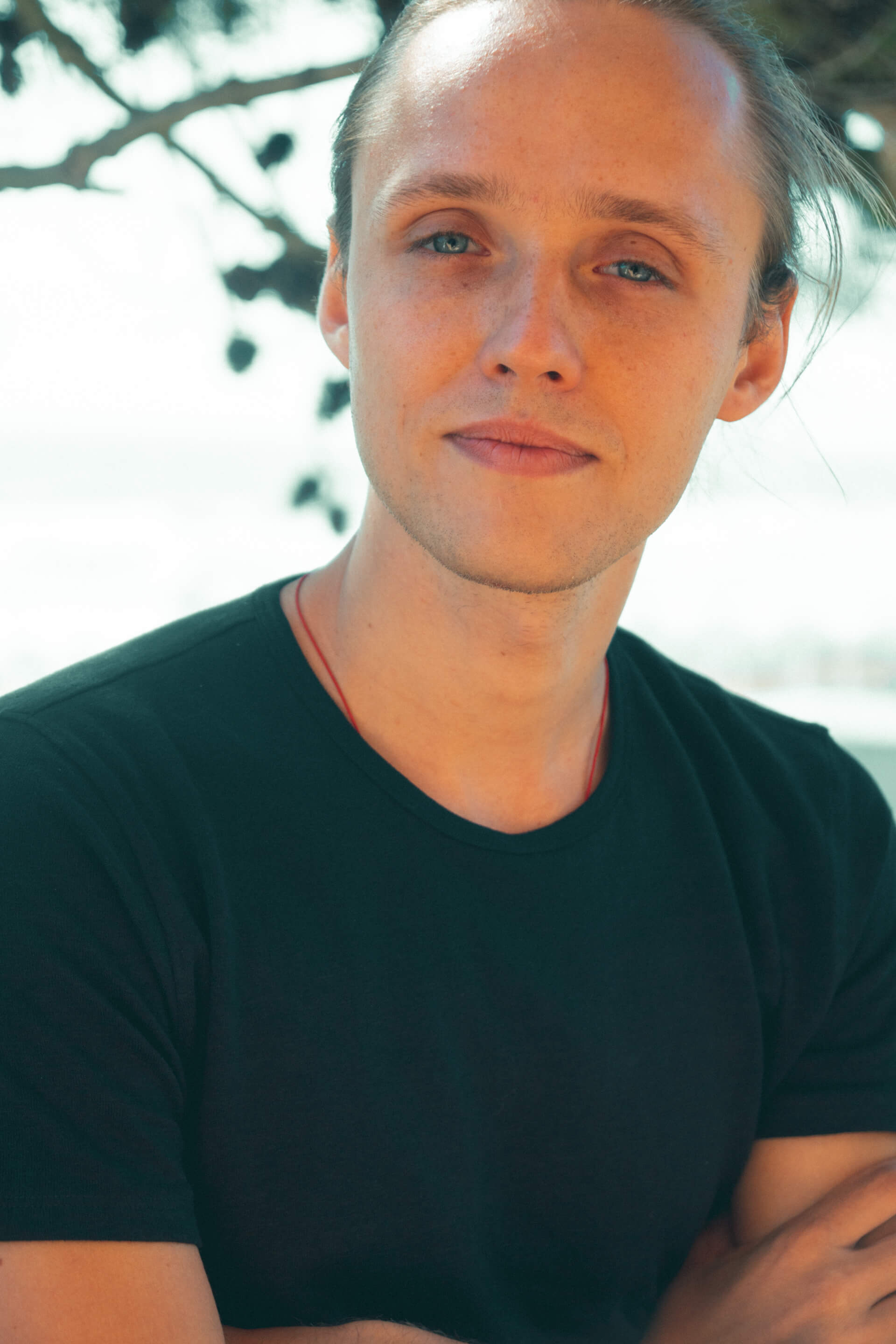
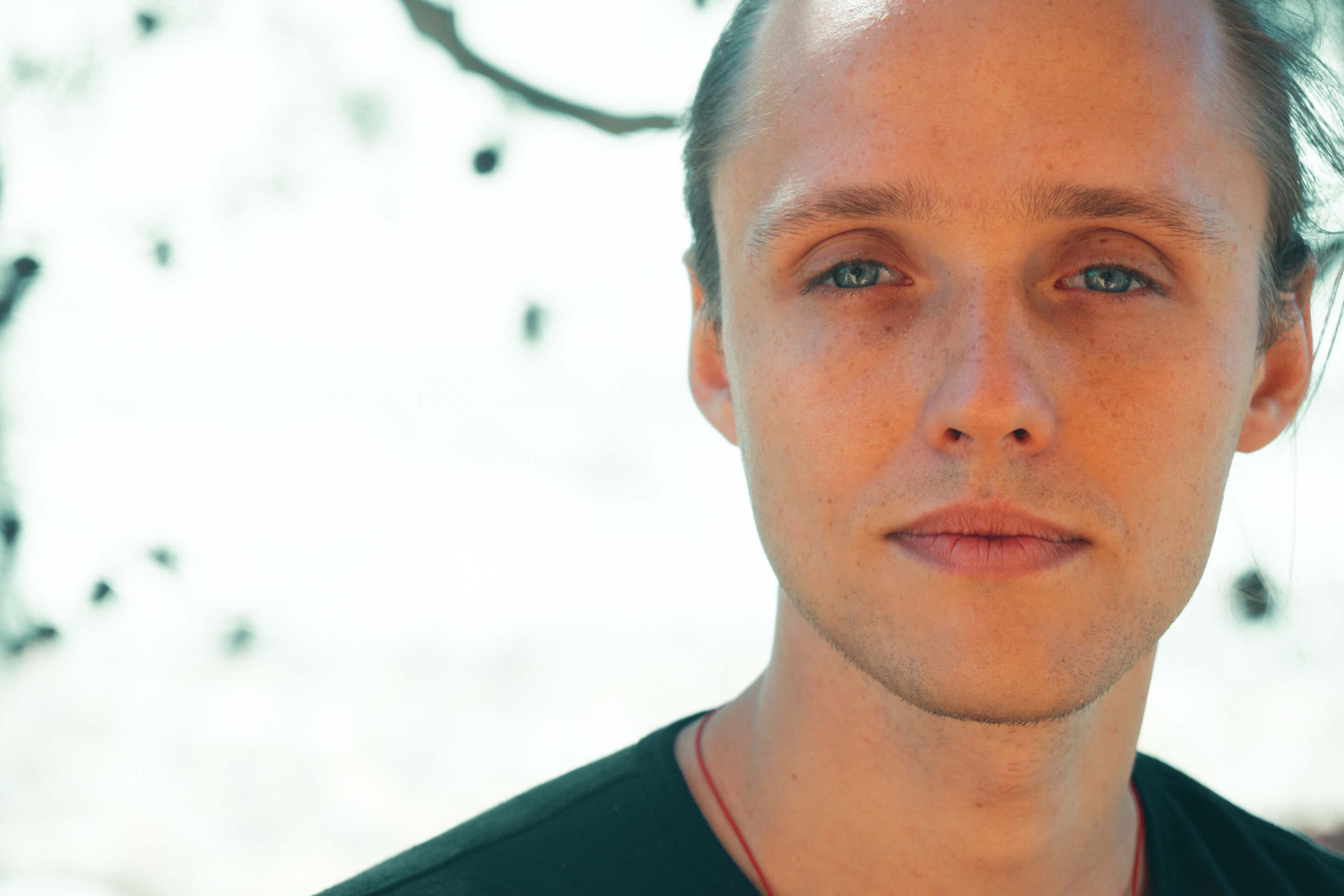
J: This is a very interesting aspect, Daniel having 2 styles: he is streetwise and he is sort of spiritual at the same time. So, when I started considering Daniel among young actors, suddenly I came to realize that it’s not easy to find somebody who is spiritual, it’s much easier to find someone who is streetwise. You are always going to build something with the actors, so what’s possible? Is it possible to build within a streetwise character a spiritual side? Or within a spiritual character to build a streetwise side?
So, I felt like with Bartosz, knowing his skills and seeing him evolving as an actor and knowing his spiritual side which is very deep and very much rooted – he reads a lot, he’s interested in religion, sorry for making this advertising of you [laugh] – it helped me understand that he had the capability to create this character having this spiritual core. So we just needed to build around that core.
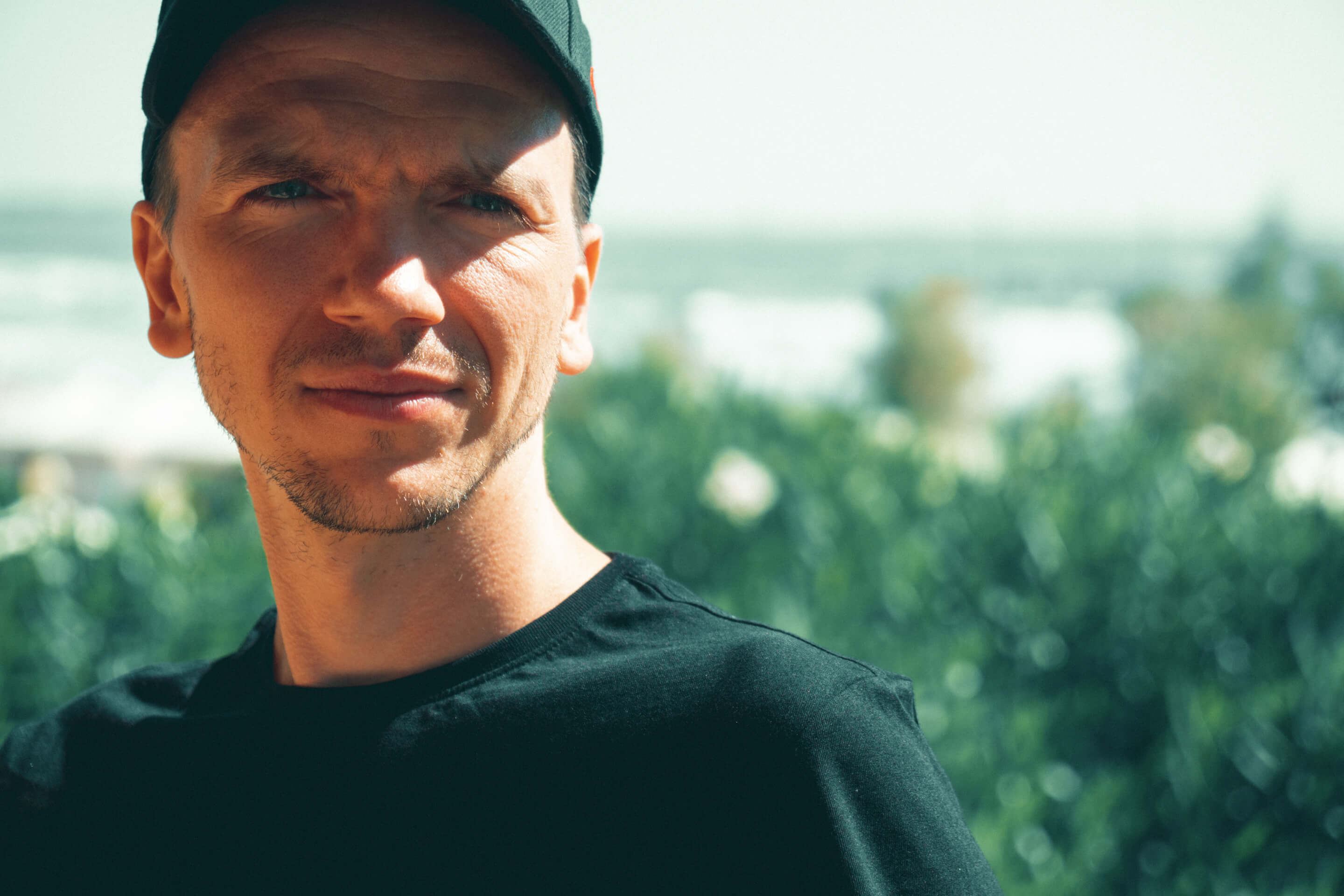
“But usually it doesn’t work that way and most of the times, producers are less brave and they don’t have so much courage to hire somebody that exceptional and prefer to go for the big-name instead.”
How did you balance your character, you are very spiritual but at the same time you do everything against the Church with the drugs, the sex and so on?
____________
B: I believe I wasn’t thinking about balance, because this character is acting more on the moment. He makes decisions when the problems come, he doesn’t plan ahead. He doesn’t have any plan, he’s just doing what he wants to do right now, so this balance is unfolding through the film and the responsible for this balance was Jan, watching from the outside as the director, giving pieces of advice through the all process and supervising it. Sometime we would talk about pushing it a bit or not, and I think it all came out of a very nice communication.
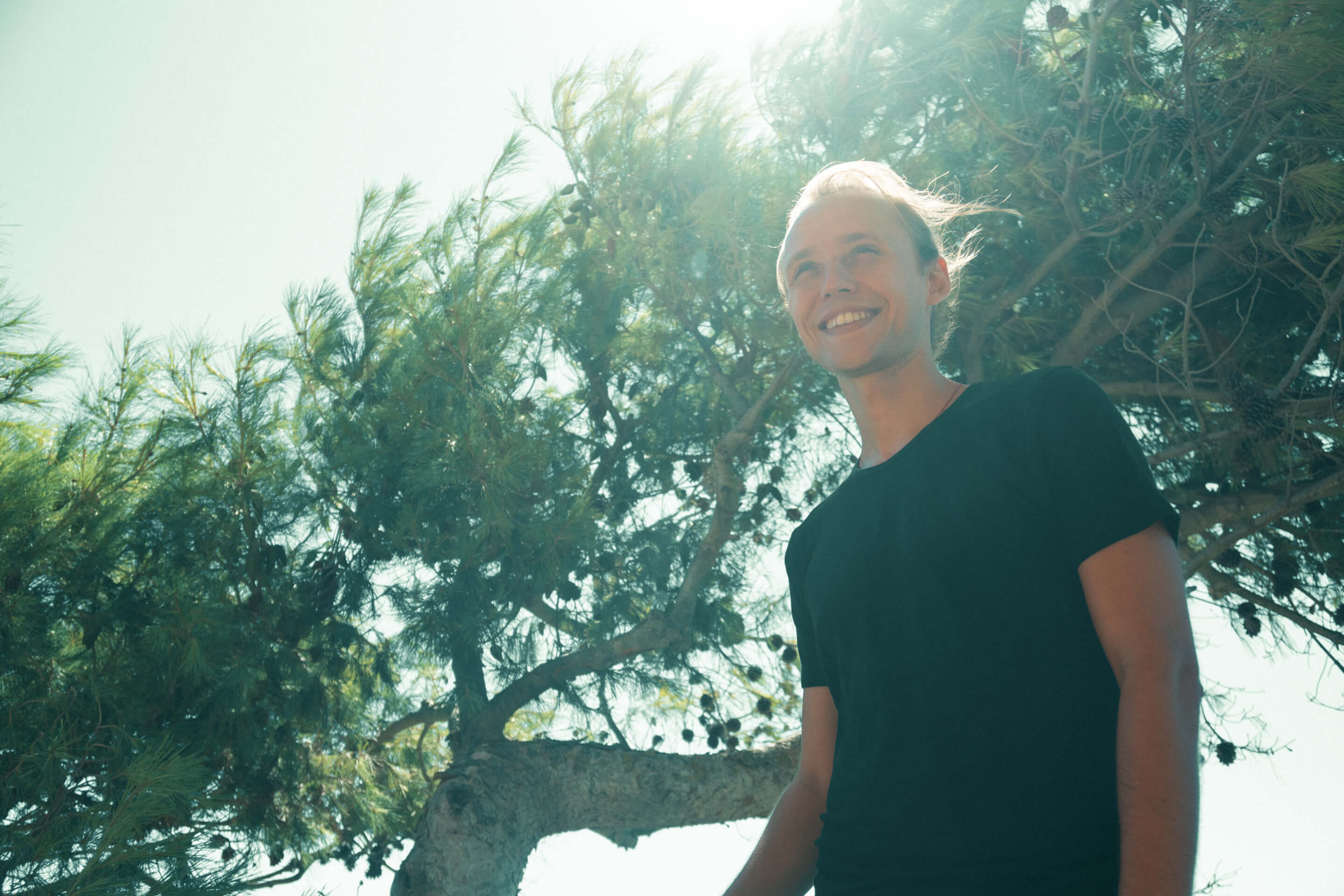
There is a scene where you take off the cassock at the farewell mass, what kind of particular meaning did it have it for you?
____________
B: It was like taking off the costume in the end for Daniel, because there is a previous scene where Priest Tomasz asks, “does anyone know? Except Pinczer” and Daniel says, “no, just Pinczer.” So I think this is a time of decision for him, a time to be honest in front of the people he was part of. So, it’s moment of honesty for him, he’s like “that’s how I am in front of you, I’m taking off this thing which has been guarding me for the all this time, which made me a priest and look who’s underneath the costume.” And does it really matter who’s underneath? That’s the question he leaves us with at the end of the scene: does it matter what you’re wearing?
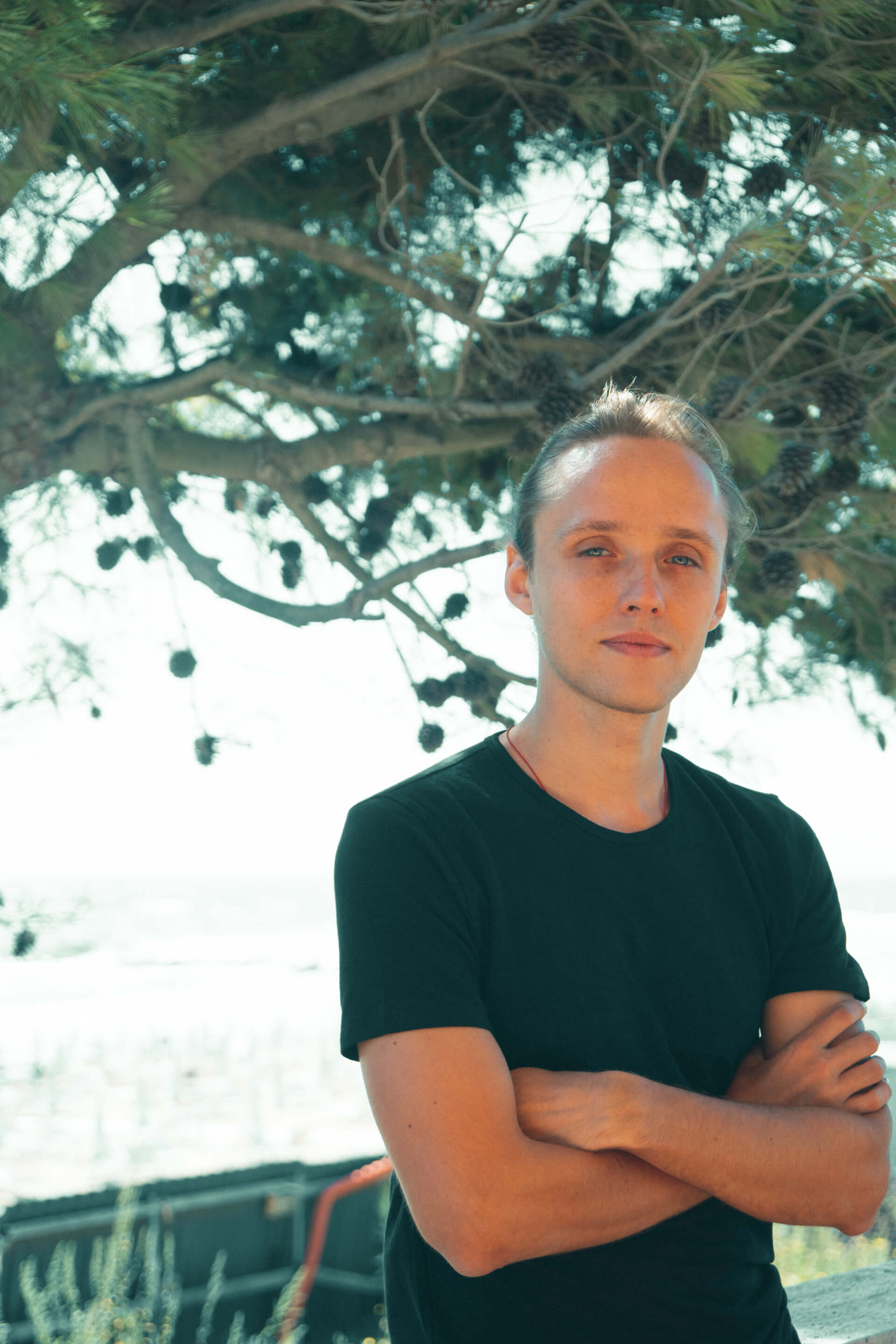
“I think this is a time of decision for him, a time to be honest in front of the people he was part of.”
Did you do some specific research linked to the spiritual rituals?
____________
B: We had a priest on set who was simply leading me through the process and telling me what was happening and why it was happening, why it was important to do this and to do it in that way.
J: He was also defending us sometimes from ourselves. It was kind of a cool moment when we were shooting a scene that wasn’t in the script, I just wanted to film Bartosz in the costume while sitting in the church, alone, and we thought maybe he could have smoked a cigarette, and the priest said, “no, you can’t do it.”
B: “Don’t make ‘The Young Pope’ out of it.” [Laugh]
How did you work with the Director of Photography (DOP), instead, on the colors and lights, because it feels like they are protagonists as well?
____________
J: Piotr Sobocinski Jr, the Director of Photography, is absolutely one of the best young DOPs around – he is also from a family of filmmakers, because his father was the cinematographer of Krzysztof Kieslowski, he was one of the best, he died in Hollywood while making a movie. And Piotr’s grandfather was also a cinematographer, so he belongs to a 3rd generation of cinematographers, and he has a brother who’s also a cinematographer and is now shooting a movie with Benjamin Millepiedand Piotr was meant to make this movie, too, but he decided to make “Corpus Christi” instead.
Piotr has made huge movies in Poland through the last 7 years, he’s won every possible award. He’s 2 years younger than me and we went to the same high school together in Warsaw, so this was the first time I could really finally work with him, my friend from childhood. Plus, our parents know each other, my father is an actor as well, his mother is an actress, this is why we know each other. But I didn’t know how to work with Piotr, because everybody’s different.
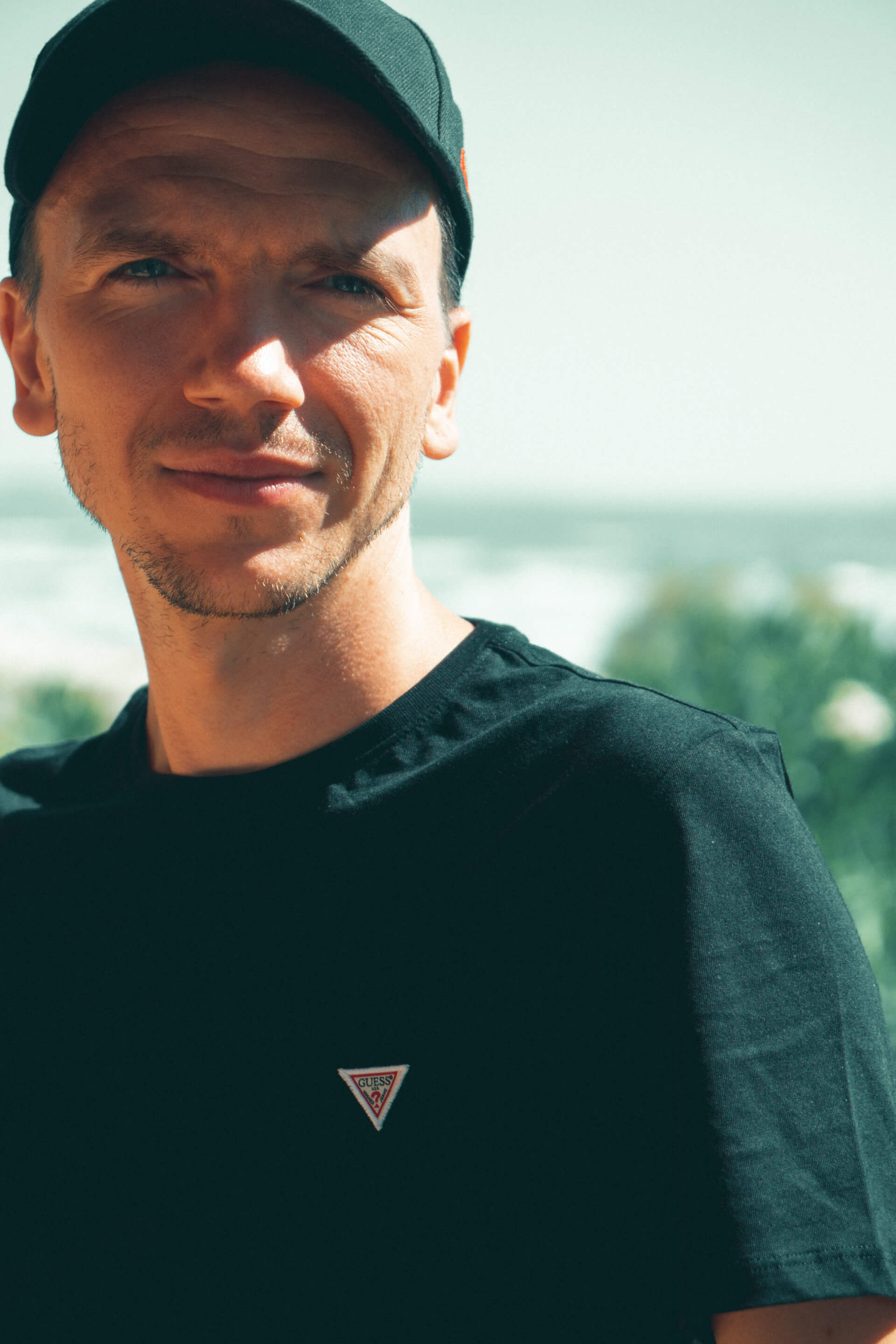
But Piotr just knows – I don’t know where it comes from, but he knows. I usually sit down and watch a lot of movies with the DOP, we open books and surf the Internet, we go to exhibitions, we decide the type of color we would like to have the movie on, but this time it was just Piotr coming and reading the script, he’s very good script-wise, he helped us with the script.
B: The thing with Piotr was amazing, and also thanks to Jan, because he was very open and the whole crew participated in the creative process, and Piotr was a huge part of this. He supervised the script with his ideas and views, so his work is deeply rooted in our film, not only through the cinematography part, but also when we were shooting, everybody was talking openly on “what’s going on right now? What’s happening? How can we make it better?” accordingly to each perspective.
J: So Piotr and I decided very early on that we shouldn’t have moved the camera at all. The camera was fixed, the actors moved, but we didn’t. So the actors had to take positions and be very strict where they stood, because it was fixed, we couldn’t change anything. It was a method we used for 98% of the movie, during which the camera didn’t move at all. There are only two hand-held shots, the first and the last one, and there are few push-ups, so we pushed the camera for maybe 5 times only towards Daniel, so to underline there was something going on in him. That’s the only thing, and it’s never a push-up greater than 15cm. It’s very delicate. In terms of the light, Piotr came and said, “you know, it’s simple, when he becomes a priest there is more sun.” So when he’s in the juvenile detention center there is no sun at all and then suddenly during the first mass, it appears. We shot in the church for 5 days, so Piotr had these lamps which were mechanically operated so he could easily turn them on while Daniel was conducting masses.
B: You can see this work of light in the scene when I’m giving the last confession to the lady who’s on her death bed.
J: Yes, the light changes, because there was a special lamp which makes everything go lighter during the shoot. It was a hurdle for me because usually, I can have 15 minutes shots, because I say during the shot, “ok this is great, let’s start from the beginning now” and everyone is like, “oook” and I don’t turn off the camera, but with this light it’s not possible because the light changes and once it’s changed you cannot go back.
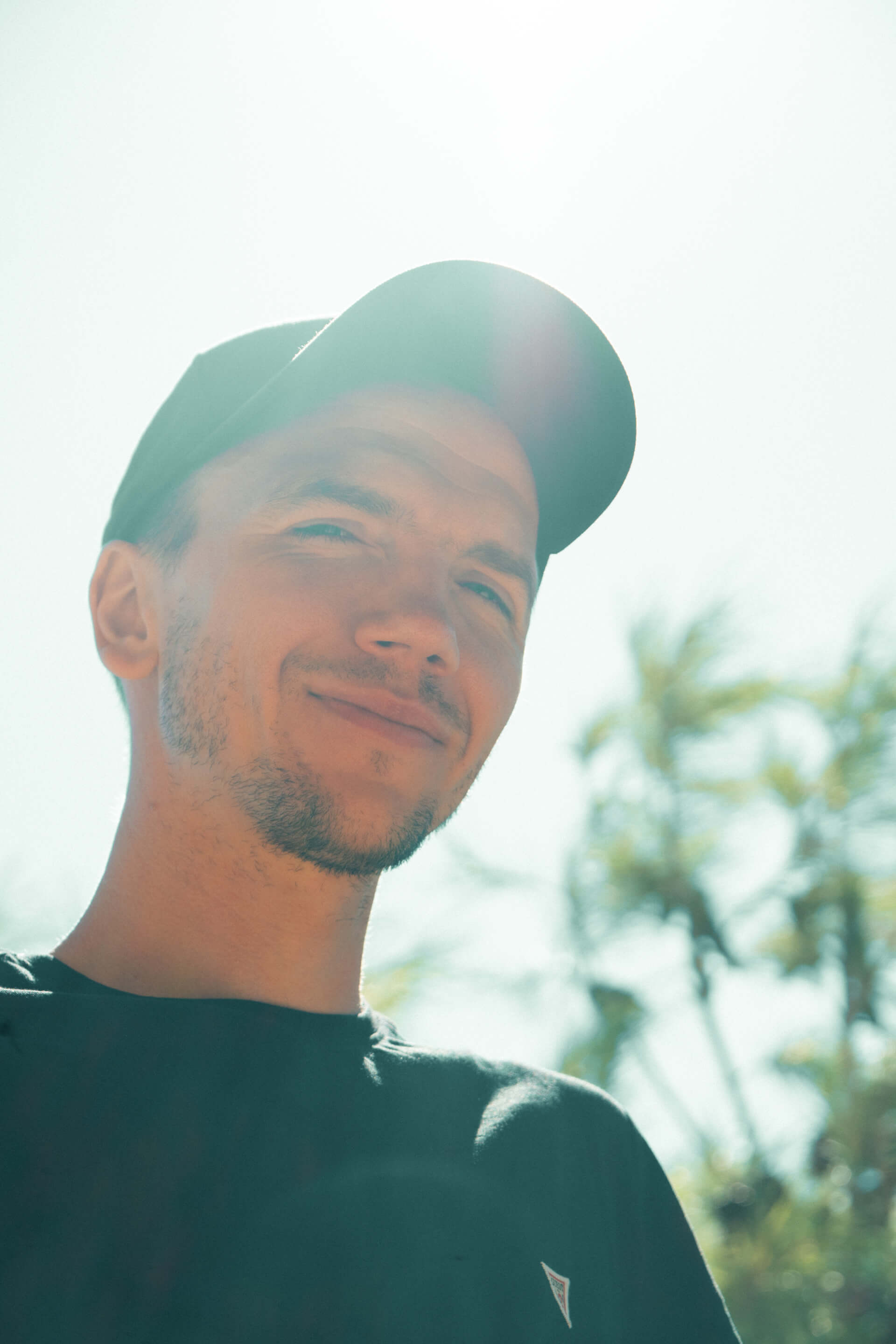
“…the whole crew participated in the creative process…”
“In terms of the light, Piotr came and said, ‘you know, it’s simple, when he becomes a priest there is more sun’.”
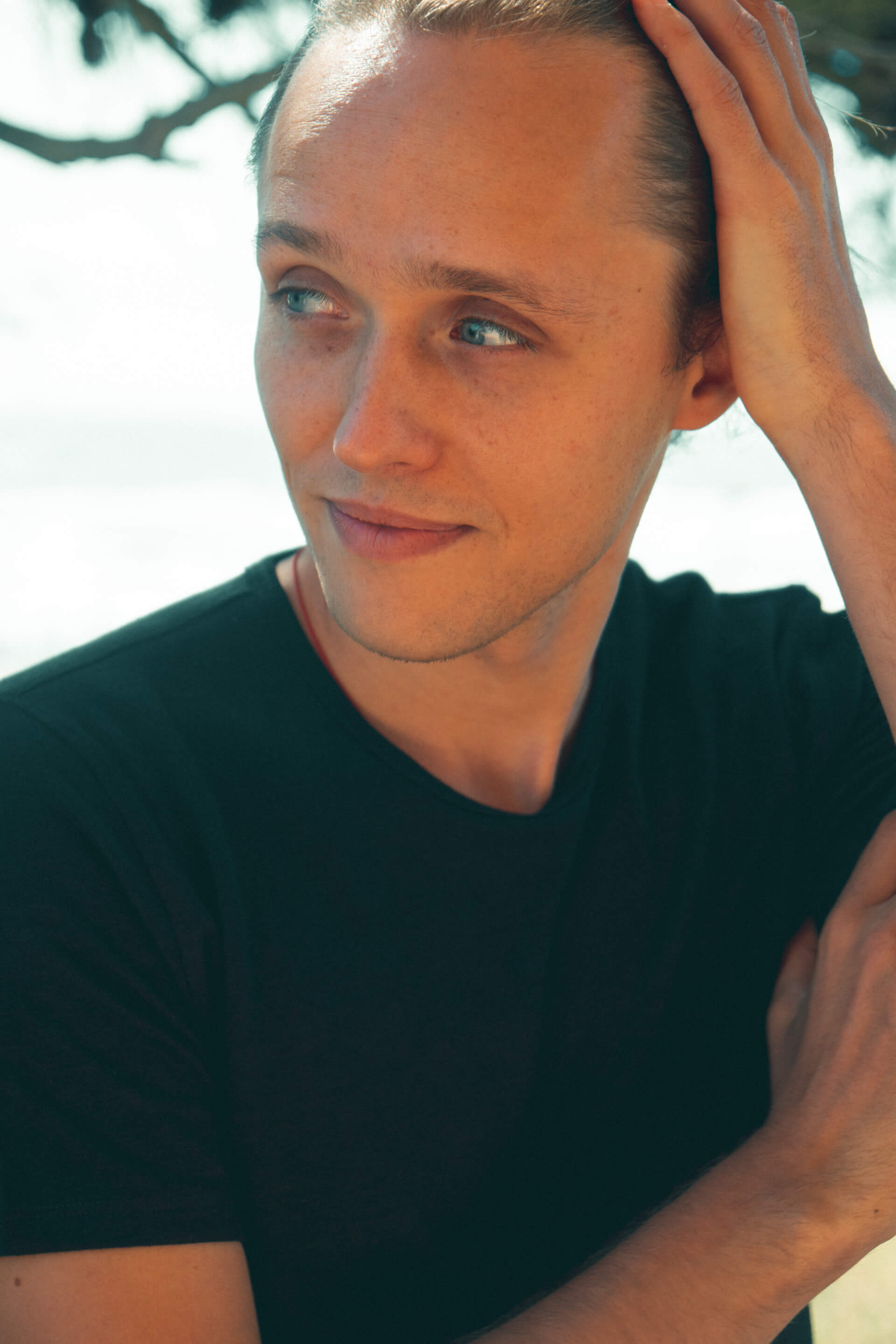
Bartosz, was there a scene emotionally harder to film?
__________
B: Yes, I think it was this one we were just talking about, the one of my character giving the last confession, he goes into her room alone and so he sees someone dying in front of him and you he’s not the priest, he’slying and this is serious shit happening right now in his mind. It was the hardest scene to film, because there was nothing really happening, everything was inside him.
Photos by Johnny Carrano.

